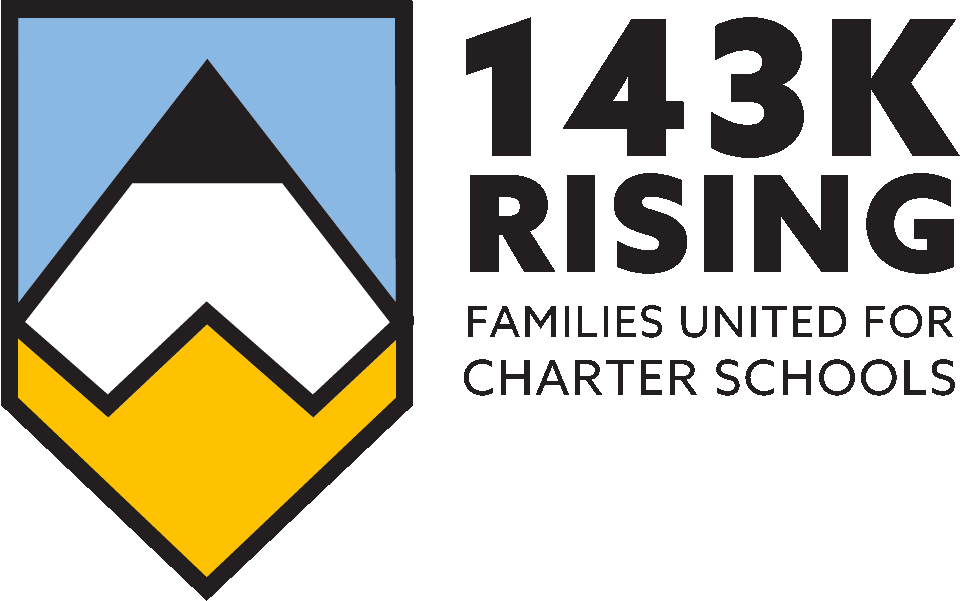More than 1,000 comments were filed in opposition to the regulation
HARRISBURG (Nov. 8, 2021) – On Monday, November 8, 2021, legislators joined more than 1,000 Pennsylvania parents, teachers and students in opposing a new regulation proposed by the Pennsylvania Department of Education (PDE) on the state’s public charter schools.
Sen. Scott Martin (R-13), chair of the Senate Education Committee, expressed concerns over PDE’s presumed statutory authority to create the regulation in a letter on behalf of the committee to the Independent Regulatory Review Commission.
“These proposed regulations will have a net opposite effect to the Legislature’s intent and may lead to additional closures of schools, many of whom are small, single-site, minority-operated and attended charter schools – thereby reducing, rather than expanding, school choice,” Sen. Martin said. “We strongly urge the department to abandon further development of these proposed regulations and work with members of the Legislature to achieve consensus on reform through the legislative process.”
Concerns raised by members of the Legislature have been reinforced statewide. By the close of the regulation’s 30-day public comment period, more than 1,000 comments had been filed in opposition, calling for the regulation to be rescinded.
“Both of my children benefited from a high quality education at a small public charter school. The fact that this school was able to operate independently with flexibility is what makes it successful. More regulation and more bureaucracy is not always best. It is sad that the current Governor promotes himself as pro-education, yet he seems to segregate out children like mine who attended a public charter school.” — Yolanda Smith, Philadelphia
Commenters took issue with the regulation for a number of reasons. Here are a few:
- Reforms that improve public education and empower Pennsylvania students and parents both in district schools and public charter schools must involve the 253 members of the General Assembly who are directly entrusted by the voters to do this necessary work.
- Charter schools are required to submit an application each time they would like to renew, expand or open a school, but the regulation allows school districts to have subjective standards for the application content and their own justifications for approval or rejection. Instead of standards that promote quality and fairness, this regulation opens the door for districts to institute measures that hamper charter school growth.
- Charter schools already follow the same reporting and auditing standards as district schools. The regulation proposes that public charter schools be required to comply with standards in addition to those required for public district schools.
- PDE disburses taxes to school districts, who are responsible for accurately paying out the funds to each school in their district, including public charter schools. On average, each year school districts keep 25% of the tax funds allocated per enrolled charter school student. Of the remaining 75%, charter schools report more than 14,000 delays in payment annually to PDE. The proposed regulation aims to reduce those requests by making it harder to file a request, rather than addressing the problem with the payment system.
“Public charter schools provide options to families who otherwise would not have options, like those who are economically disadvantaged and those from minority populations. We should be seeking more ways to improve public education, not ways to overregulate the limited options we already have.” — Alyssa McEntee, Bear Creek Township
Since 2015, Gov. Tom Wolf has proposed funding cuts and significant reforms to the charter school law. During the height of the pandemic, when charter schools were some of the few schools able to pivot and maintain continuity of education, the governor still proposed a funding cut totaling more than $300 million. His previous proposals over the years failed to pass the Legislature, prompting this new attempt to reform charter schools through a unilateral regulation where the Legislature has no authority.
The majority of Pennsylvania’s charter school students are underserved. Parents cite a failing school district, lack of resources or that their child’s emotional and learning needs simply were not being met as reasons for enrollment. Since Gov. Wolf’s first campaign in 2014, enrollment in public charter schools has grown by more than 25%. For the 2020-21 school year alone, Pennsylvania cyber and brick-and-mortar charter school enrollment grew 15.49%. Many families who chose a charter school as a short-term solution when district schools lapsed services during the pandemic are choosing to continue at their charter school.
“Although our public school district in which we reside reopened this academic year with full in-person instruction, I chose to keep my daughter in the charter school. Over the past year, I have found the curriculum taught at the charter school to be more expansive, more in-depth, and due to the smaller class sizes my daughter gets more one-on-one guidance where needed.” — Leslie Risko, Lackawanna, PA
Commenters expressed concern over the expediency of the introduction of this regulation and minimal opportunity for public input and legislative oversight. The Independent Regulatory Review Commission, responsible for the review of regulations from PDE, will provide comments on the regulation, and PDE will review all submitted comments before a final proposed rulemaking is published.
###
